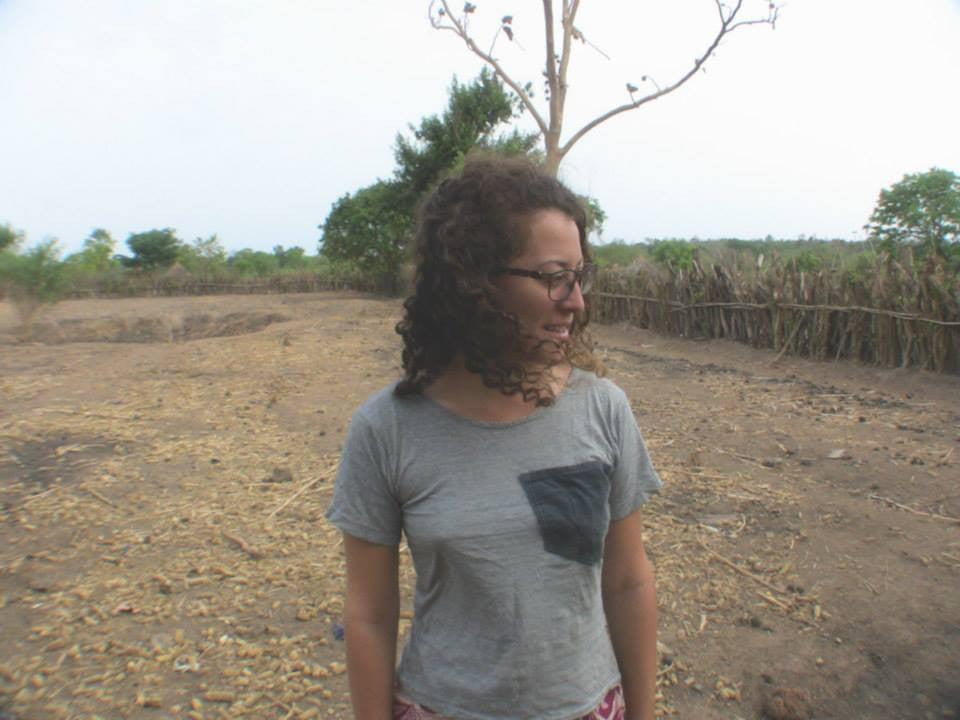



5 Things I Learned In Peace Corps
I spent three years living in Senegal, West Africa: two as an agriculture volunteer living in a remote, rural village, and one living in the bustling capital city of Dakar, running the media and communications for the Peace Corps office. The amount I learned during this formative experience could fill a book—indeed, many volunteers write memoirs upon returning home to share a fraction of their wisdom before it fades to memory.
There were concrete skills I learned, like a new language (Pulaar), and the best practices for planting hot pepper, and there were subtler lessons about being in a new place and feeling like an outsider for the first time in my life. The impact that volunteering has had on me really can’t be overestimated. My whole world has expanded and my place in it has evolved. But instead of picking apart the value in each of the last 39 months of my life, there are a few core lessons that living in Senegal taught me, both about myself and the world at large:
1. When to be a leader and when to be a learner
Being the only volunteer in a 10-mile radius was daunting, especially when it meant coming up with culturally appropriate projects in a culture I was only beginning to understand. With my Western-centric perspective, I felt like I had to design and implement these projects alone, and it took me a while to realize that even though I could still barely communicate in the local language, I was surrounded by people who wanted to help me do the best work possible—in fact, they had a much more personal stake in the success of our projects.
With my Peace Corps training and university education, there were certain things I brought to the table, but with my village’s lifelong understanding of the local conditions and background in subsistence farming, they knew much better than I did which of my proposals were plausible and which weren’t. There was a lot of back and forth, and it was a constant process, but my work partners and I learned to trust each other’s judgment, and know when to sit back and when to step up and take the lead.
2. Not to take myself too seriously
Senegalese like to refer to themselves as having a “joking culture.” There is so much teasing and banter that sometimes I couldn’t tell who were friends and who weren’t. It was funny to watch, but hard to be on the receiving end of, especially at first.
After struggling through a sentence I would be told my Pulaar sucked (and let’s be real—it did), which of course I found very offensive. I thought it meant people didn’t like me, but it actually meant they were just trying to include me. Funnily enough, once I started serving it back, my popularity went through the roof.
3. To learn to feel comfortable outside my comfort zone
I guess I already knew the value of going outside my comfort zone or I wouldn’t have joined the Peace Corps in the first place—but there’s knowing and then there’s getting thrown so far out you might as well be in outer space.
Being white in an African village, not being able to communicate, being too hot, too far from home, too foreign, was very, very uncomfortable.
At first.
Then I did something I never realized I was capable of. I figured out how to communicate (or to make fun of myself for not being able to communicate), learned to navigate the culture, and made a home for myself in a place where I had been a complete outsider. I was still white and far from my family, but I made a home in a foreign place, made friends and gained a new family, and learned that comfort zones are permeable and impermanent.
4. The different factors that interact to influence a person’s situation
One of my favorite things about the Peace Corps’ approach is that they ask us, the volunteers, to go into our sites with an open mind and spend our first few months observing. It seems counterintuitive, especially after arriving so energized and ready to work, but it’s the most valuable thing we can do. And we don’t passively observe either—we talk to people, work on our language skills, work with the farmers if we’re agriculture volunteers, or in the health clinics if we’re health volunteers. After a few months, and more so the longer we’re there, the complexity of influences comes into shape.
When I finished my training, I thought I would get to my village, show a few people how to mulch and companion plant, and voilá, a beautiful, flourishing garden would be born. After observing, I started to understand the myriad factors that affect a single project, a single person, or a single place.
For a garden, you have to take into account the roaming, hungry livestock, low water tables and expensive wells and other infrastructure, pest pressure, lack of seeds, lack of shade, poor soil quality, and overburdened people that have a million other things to do that take priority of their garden.
After two years I had many unsuccessful gardening projects, and I also built some successful ones, but they weren’t built in a day.
5. The nature of diversity and acceptance
Senegal is small—about the size of South Dakota—but extraordinarily diverse. In my tiny village of 1000 people there were at least 5 languages spoken, and during my travels, especially while making videos in my third year, I got to see the diversity of the country and its people. With over a dozen ethnic groups, ecosystems ranging from desert to jungle, and a combination of ancient animist and modern religions, Senegalese culture is an amalgamation of different people and places that have found common ground and developed unique ties to each other and to their land.
Although it’s more than 90% Muslim, Senegal takes pride in its religious tolerance. I’ve seen Muslims and Christians celebrate holidays together, and had members of my host community happily teach me about their customs. While people from different tribes may tease each other about whose is better, there is no ethnic violence in Senegal. I was made to feel welcome everywhere I went, even as a complete stranger. The culture of tolerance and peace is a lesson I think many people and countries could stand to learn from Senegal.






